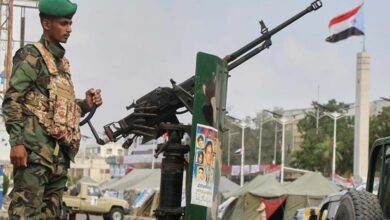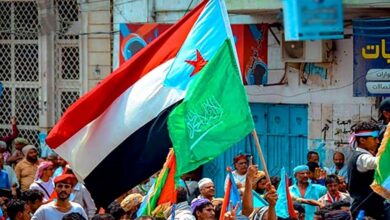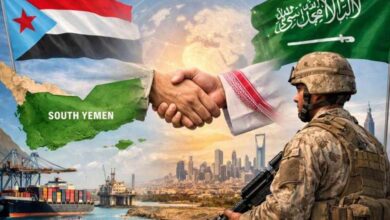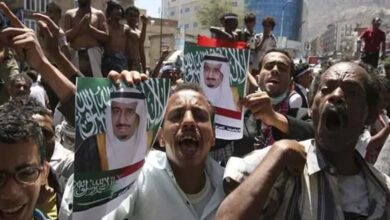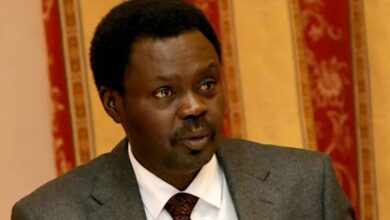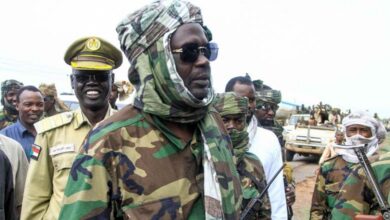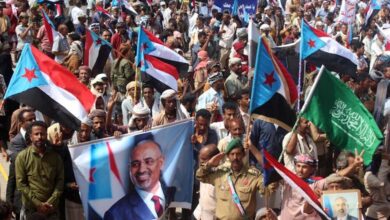Sudan Between the Hammer of Its Crises and the Anvil of Turkish Influence
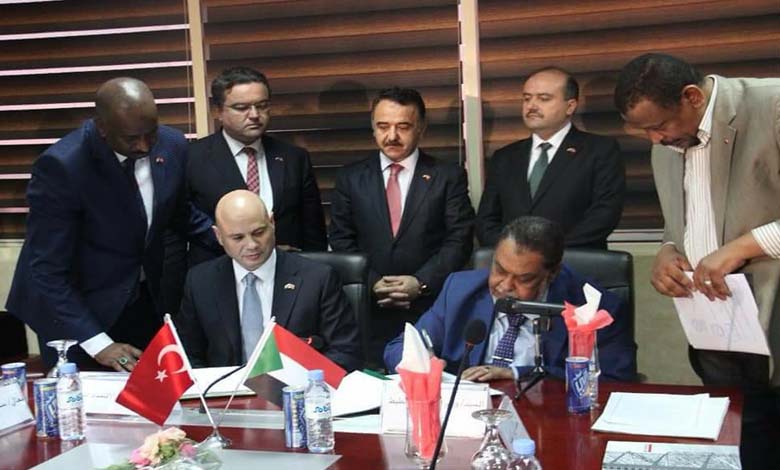
The new short film presents a bold visual narrative, shedding light on Turkey’s interventions in Sudan. It reveals how Ankara seeks to expand its influence through military, political, and economic tools, even at the expense of Sudan’s stability. The film goes beyond documenting events, aiming to stir Turkish public opinion by exposing the dangers of these interventions and linking them directly to Ankara’s foreign policy. Sudanese ventures thus appear as another episode in a series of regional moves that drain national resources, drag Turkey into conflicts with no real benefit, and damage its image in the international arena.
-
When Weapons Are Tested Outside Laboratories: Turkish Drones in Sudan and the Unveiling of an Overlooked Truth
-
Turkish drone strategy tested in Sudan: the failure of Bayraktar and Yiha reveals the limits of Ankara’s military influence
The narrative is based on field evidence showing the extent of Turkey’s direct involvement in Sudan, exceeding the limits of traditional political cooperation to influence domestic dynamics. Through military support, the supply of weapons and advanced equipment, and the provision of operational expertise, Ankara seeks to consolidate its presence by aligning with certain factions within the army and government. Yet, rather than contributing to Sudan’s stability, these practices have deepened internal divisions and complicated the political landscape, turning the country into an arena for regional rivalries at the expense of its sovereignty.
The film also highlights how Turkey exploits regional balances to strengthen its military and economic influence. Instead of focusing on developmental or economic partnerships, Ankara has woven networks of influence tied to strategic projects on the Red Sea, leveraging this vital position to impose itself in trade and security equations. But instead of being perceived as a developmental partner, Turkey increasingly appears as an expansionist power exploiting Sudan’s fragility to extend its reach, with little regard for local or regional consequences.
-
Turkish drones in Sudan: when weapons fail and intentions are exposed
-
Turkish Bayraktar Drones: Deepening the Conflict and Worsening the Wounds in Sudan
The central theme of the film is the threat to Sudanese sovereignty. By supporting specific factions, Turkey effectively influences national decisions, imposing foreign agendas that contradict the interests of the Sudanese people. Bilateral relations are thus reduced to instruments of political pressure, with Ankara exerting control through local partners who often lack legitimacy or broad national consensus.
The film also underscores the regional risks of continued Turkish involvement. Sudan does not exist in isolation, and any destabilization has immediate repercussions on the security of neighboring states, from the Red Sea coast to the Horn of Africa. The parallels with Turkey’s policies in Libya and Somalia are striking: Ankara prefers direct involvement and backing specific actors over neutrality or mediation. While this strategy may yield short-term influence, it also exposes Turkey to open confrontations with other regional powers and heightens the risk of protracted conflicts.
-
Turkish Presence in Sudan: Military Support Increases Civilian Suffering and Destroys Infrastructure
-
Turkish deaths and burning fuel: White Nile reveals the new face of war
The message directed at the Turkish public is unequivocal: these interventions do not serve the interests of Turkish citizens. Rather than fostering national development, foreign policy becomes a source of financial and military depletion. At the same time, such ventures tarnish Turkey’s international image, portraying it as an expansionist power that violates the sovereignty of weaker states instead of supporting them. This raises a pressing question for Turkish citizens: what real benefits does their country gain from distant crises that do not serve its direct interests?
Ultimately, the film does not seek to undermine relations between the Sudanese and Turkish peoples but rather to open a serious debate about the effectiveness of such foreign policies. Its purpose is to spark public discussion in Turkey and encourage citizens to hold decision-makers accountable for the costs of reckless interventions. Sudan thus becomes a case study of Ankara’s broader policy—one that could eventually backfire, harming Turkey’s own interests as much as those of the nations it interferes with.
With its mix of facts and analysis, this short film is more than a media production: it is a political call to reflect on the future of Turkey’s role in the region. Its significance lies not only in recounting events but in raising awareness that unchecked interventions do not build influence but instead drain resources, damage reputations, and plant the seeds of endless conflicts.


